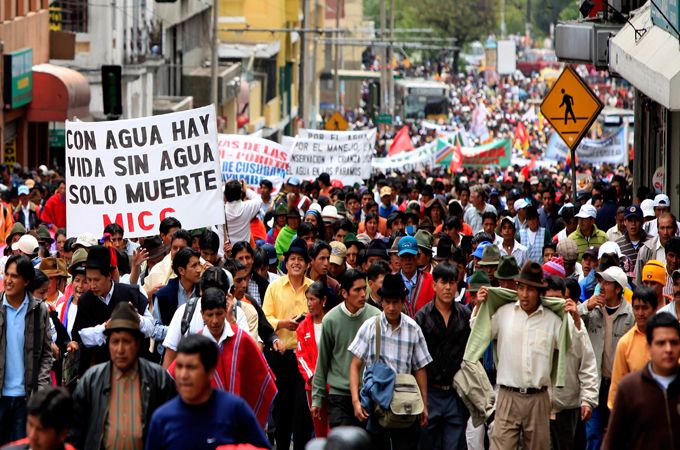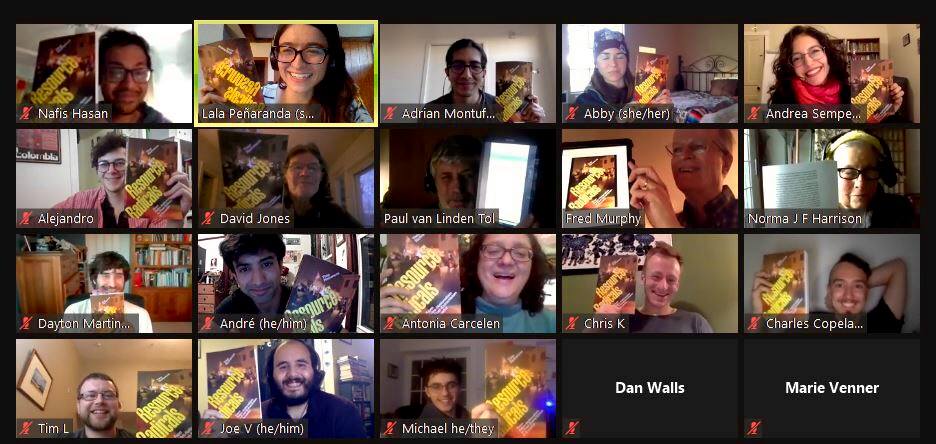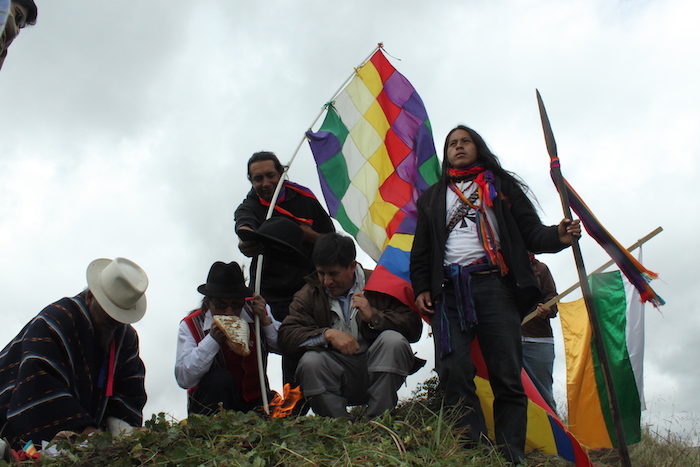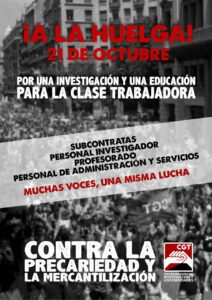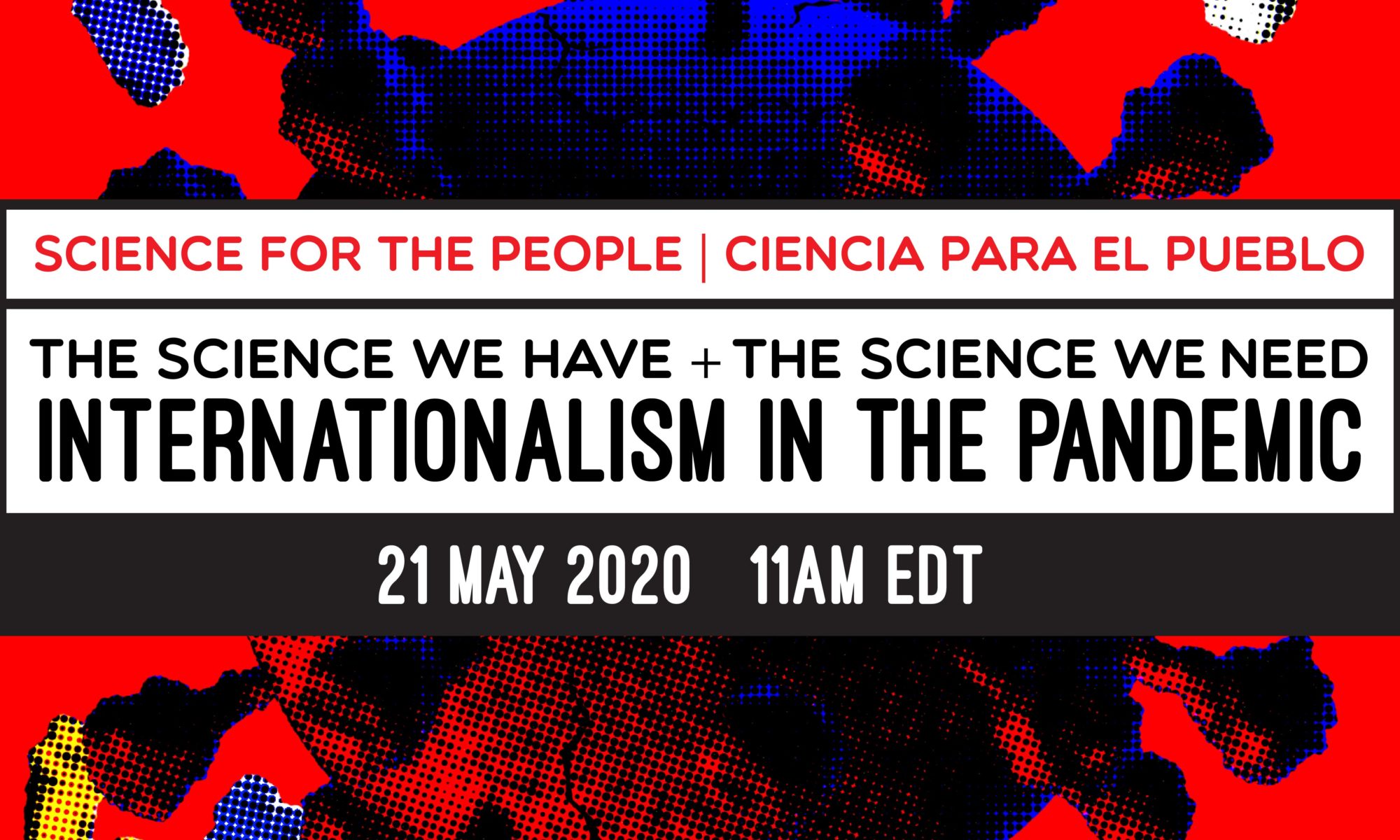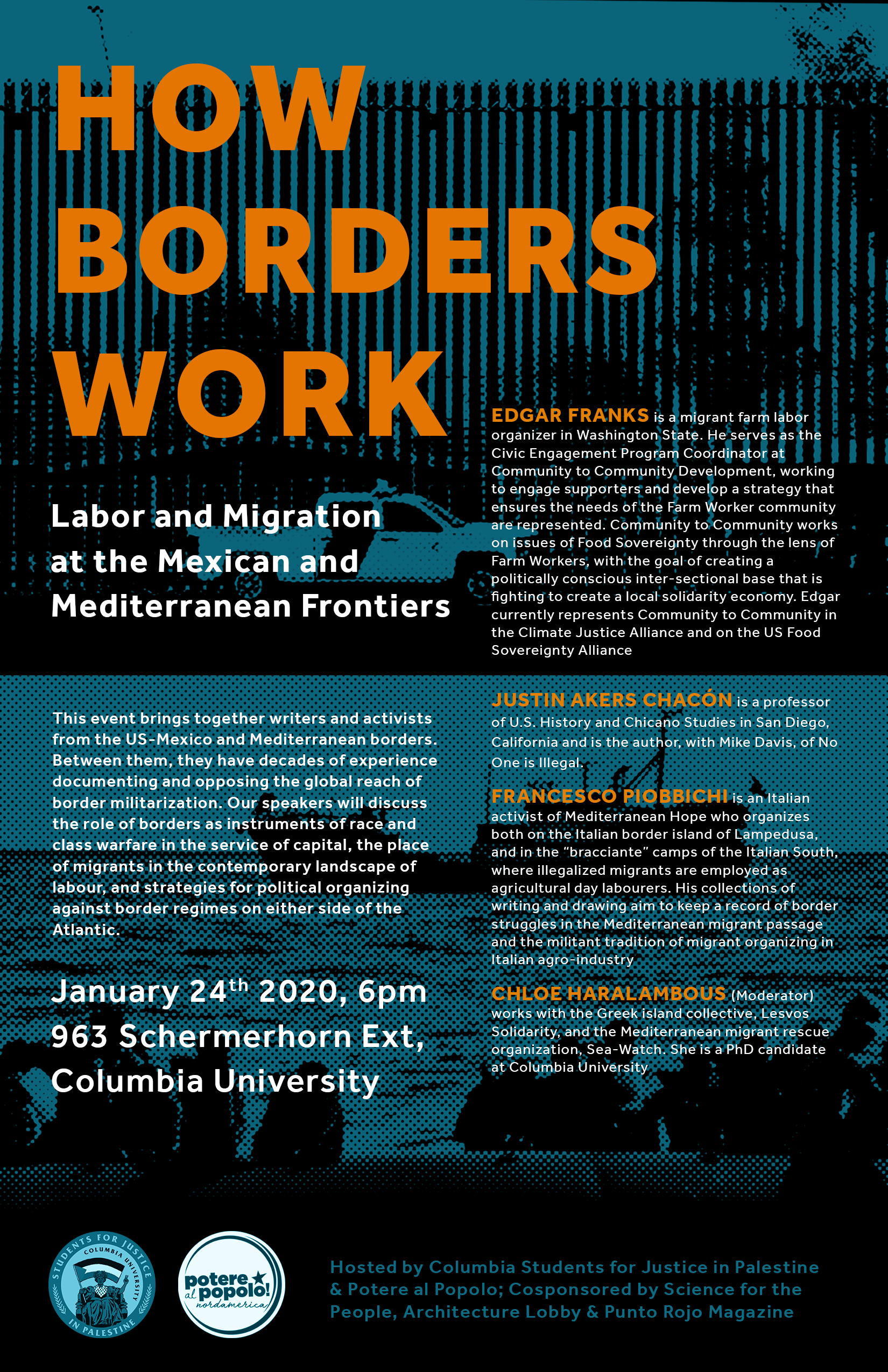Just wanted to send a quick update before the Thanksgiving holiday (in the US), which, of course, is a twisted concept under the framework of settler-colonization. On this note:
Events:
- Nov 25 (Saturday 1pm ET): “Science under Occupation” hybrid teach-in/forum hosted by SftP Montreal, joined by Palestinian medical trainees in Cuba.
- Nov 27: No Tech for Apartheid’s online panel.
- Nov 29–Dec 5 is “Read Palestine Week.” SftP magazine has joined with >300 publications on a solidarity statement. Please see the list of all articles on Palestine we published in the past. We encourage everyone to read, discuss among you, and help advertise them (hashtags #ReadPalestine, #LirelaPalestine and #اقرأ_فلسطين)
Info:
- We are collecting and updating testimonials from scientists in occupied Palestine, and working toward providing material support.
- We are building a coalition with Just Mathematics Collective and Particle for Palestine (please sign-on their respective statements) to expand our current organizing activities.
- More letters to sign from the “Responsible AI Community”
- A survey of cultural institutions and their political stance. *We are trying to expand on this by focusing on academic institutions and labor unions* Please sign up to join our organizing teams.
For those who get some time off from work, it’s a great opportunity to bring your whole family to your local protests!
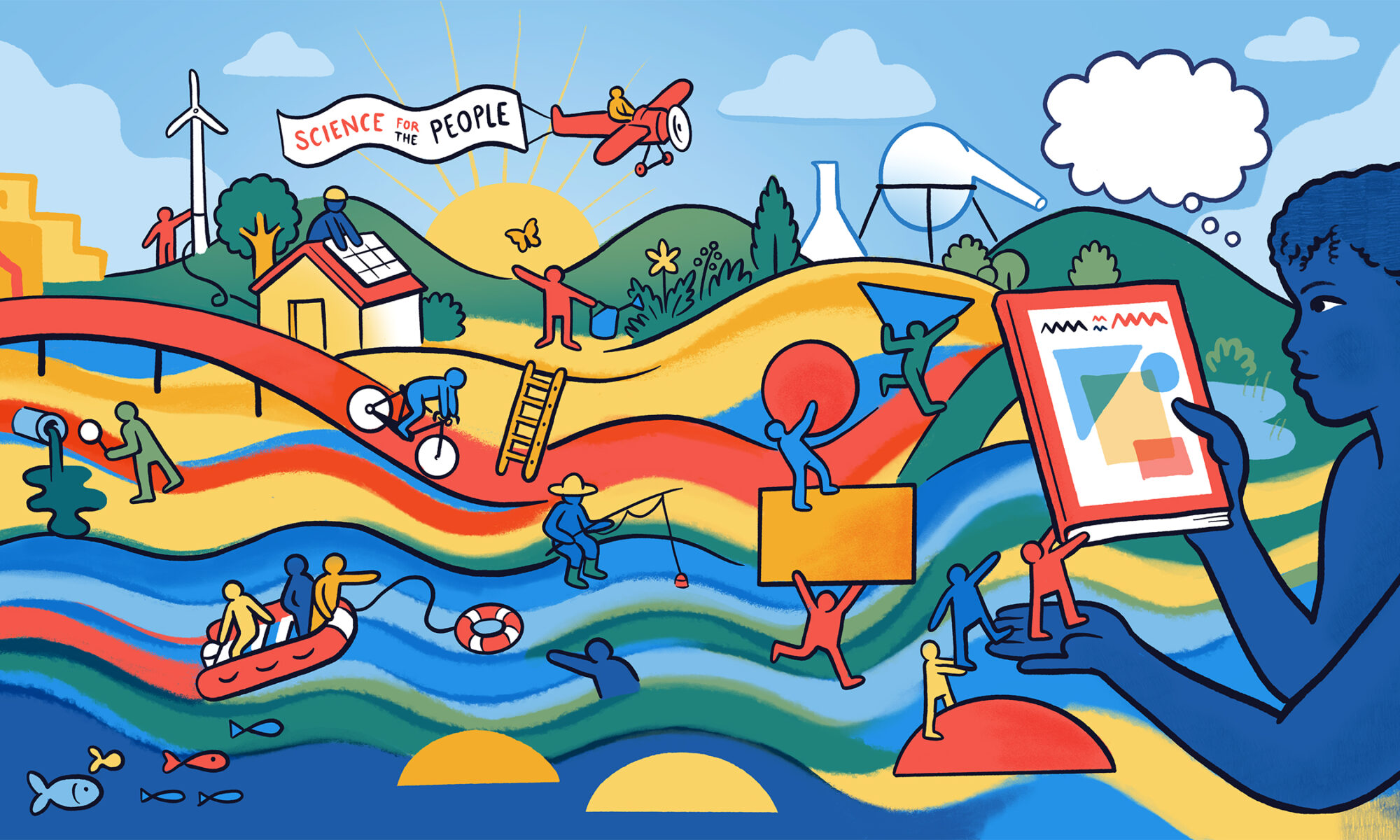
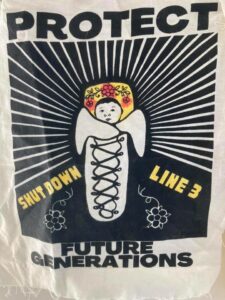
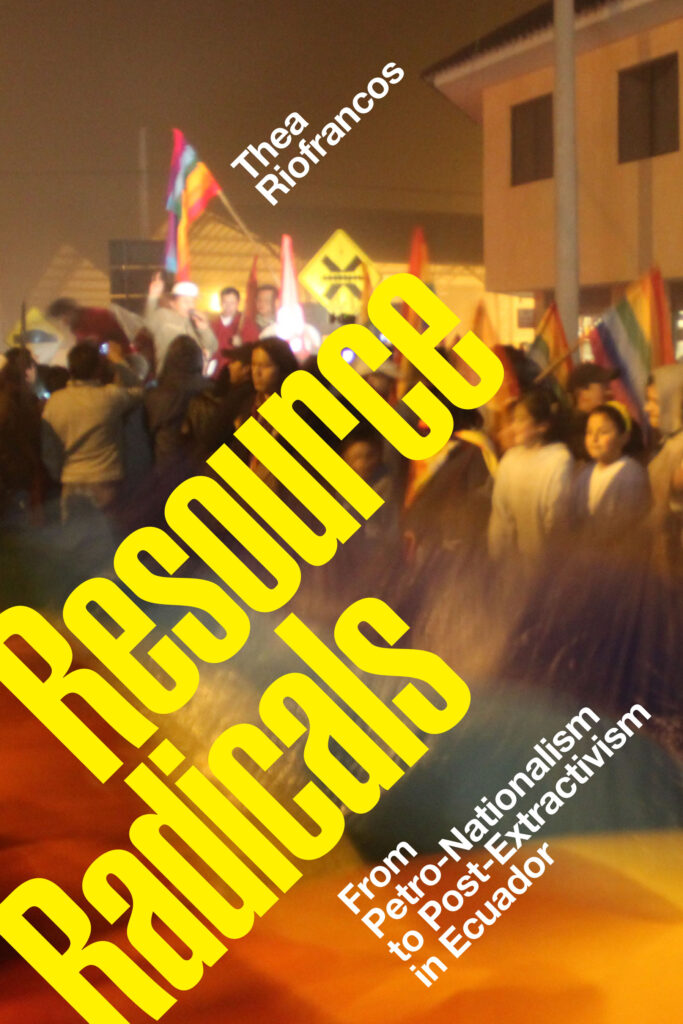 Between January and April 2021, Science for the People co-organized a reading group along with DSA Ecosocialists and The Dig podcast of Thea Riofranco’s “
Between January and April 2021, Science for the People co-organized a reading group along with DSA Ecosocialists and The Dig podcast of Thea Riofranco’s “